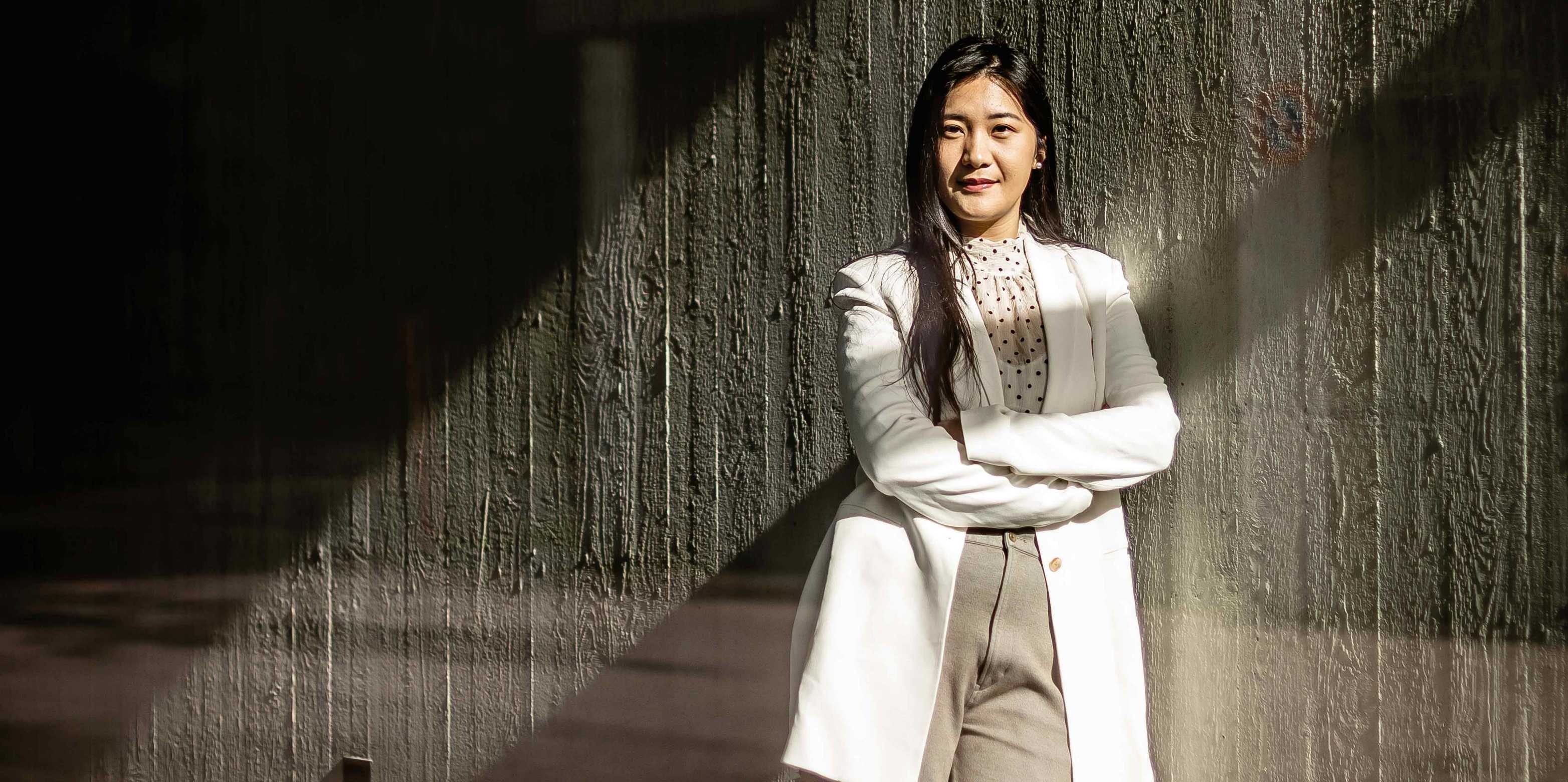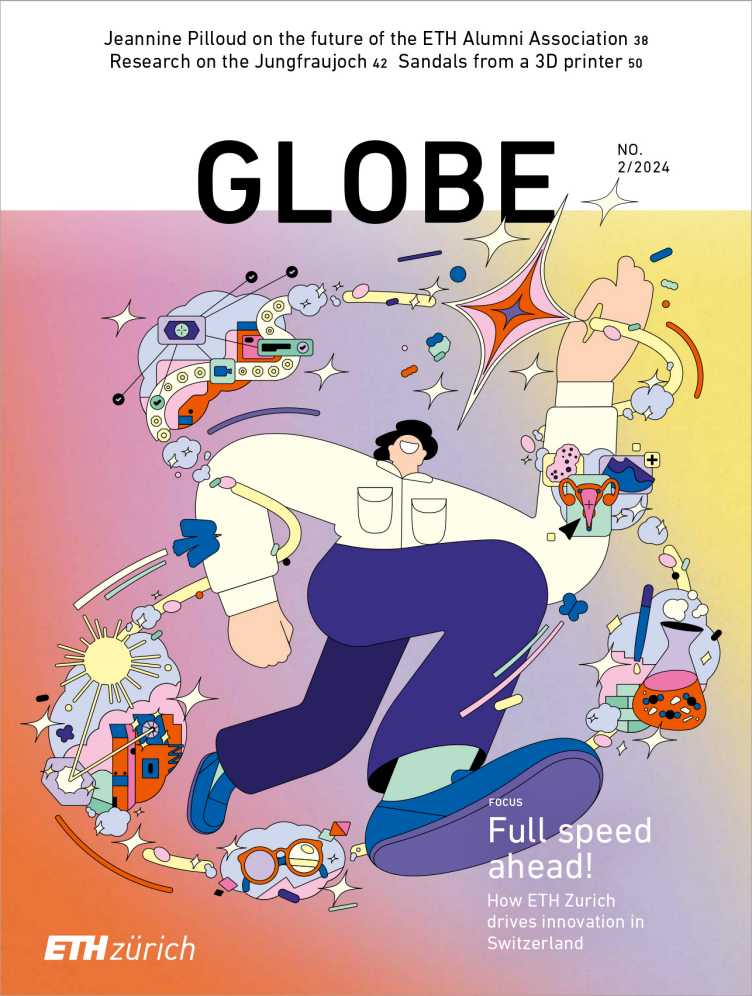Interview with a materials scientist: “Robots could biodegrade at the end of their life cycle”
Hedan Bai thinks robots should help people and be compostable. She is working on creating robots made of soft materials that can do both.

Are fantasy and science fiction a source of inspiration for your research?
Yes, as a child I was fascinated by all the amazing abilities of the Pokémon figures. My favourite right now is Baymax from the Big Hero 6 series. I see my research heading towards creating robots that help people in some way or other.
What are the benefits for robotics of working with soft materials?
Today’s robots are composed mostly of hard materials – unlike living organisms. By exploring the use of soft materials, we are taking a bottom-up approach to increasing a machine’s bodily intelligence. We want to develop robots that can act intelligently and carry out tasks autonomously in dynamic environments with the same ease as biological organisms.
Are your robots inspired by animals or plants?
Mainly by animals and humans. For example, our autonomous, self-healing optical sensor is inspired by the mechanoreceptors in our skin. This sensor will help with the development of intelligent and resilient robots.
One of your research areas is sustainable robots. Will future robots be recyclable or compostable?
Both! And a lot more besides. We are looking at the different stages of a robot’s life cycle with the aim of making these more sustainable. For starters, a robot can be made from raw materials taken directly from natural sources or from industrial waste. We can prolong its service life by giving it self-healing capabilities. At the end of its life, it can be recycled or biodegraded.
Where do you anticipate seeing the first applications of your research in everyday life?
Flexible bioelectronics equipped with soft robotic functions offer exciting potential for clinical applications – such as in vivo monitoring of fetuses during fetoscopic surgery.
About
Hedan Bai is Assistant Professor of Robotic Materials at the Department of Materials, ETH Zurich.

Comments
No comments yet